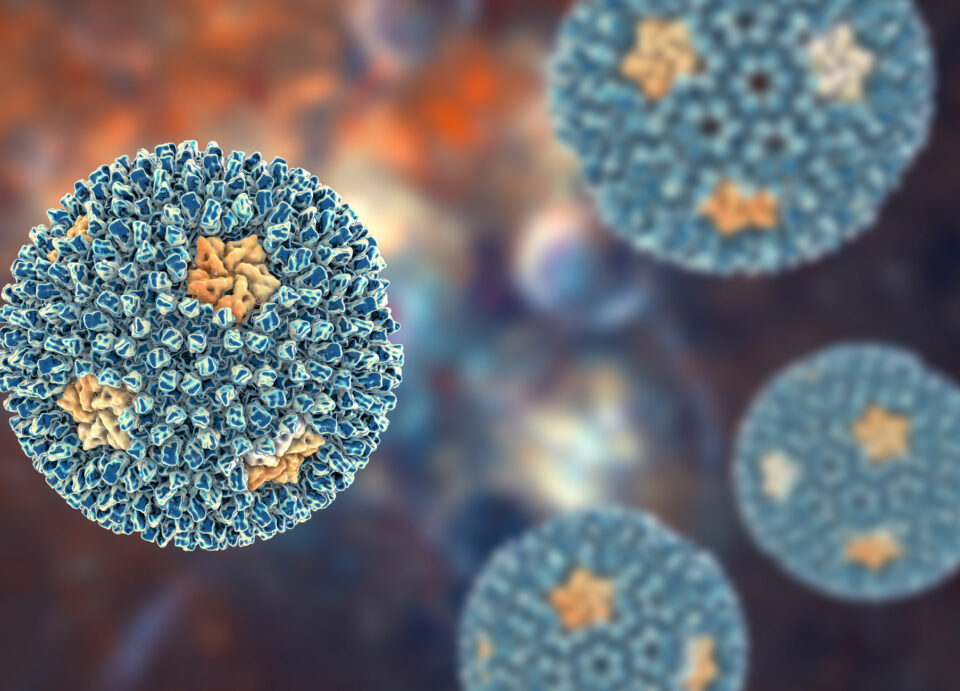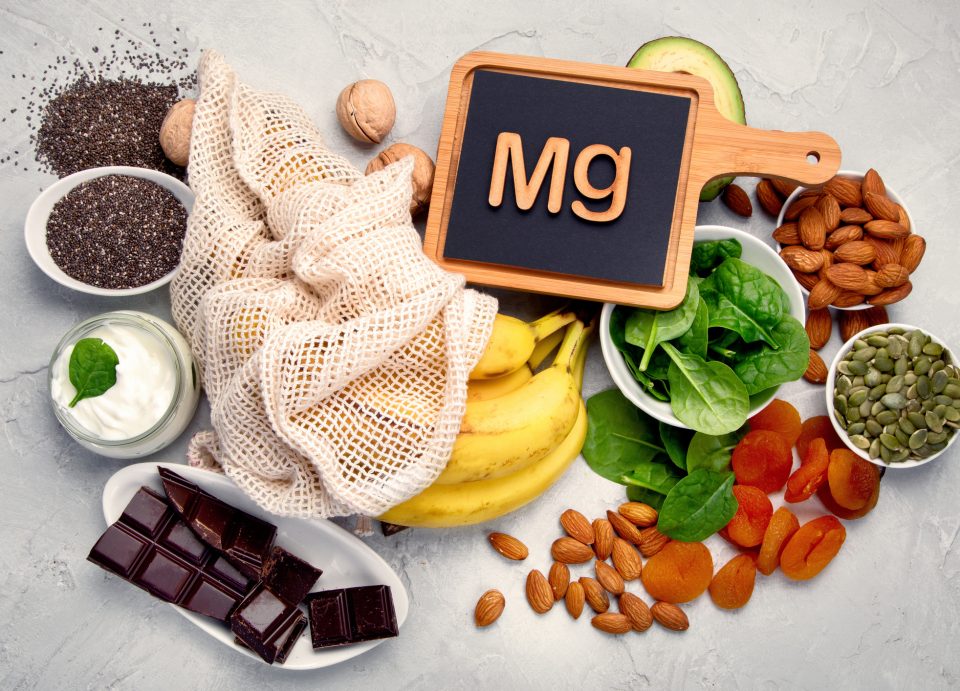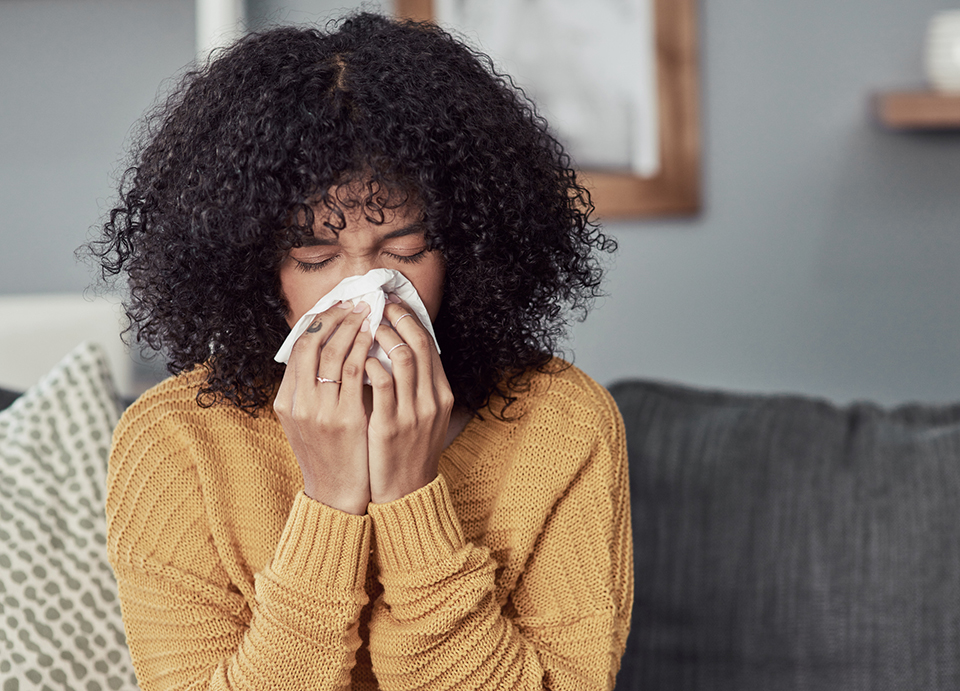- It’s a Cookbook
It’s a Philosophy
It’s a Resource
81 results found for: Celiac
When thinking about controlling celiac disease, one generally thinks about food -specifically, adhering to a strict, gluten-free diet. But recent research is suggesting that this may be only a piece of the puzzle. In addition to diet, moderate exercise could also help with managing celiac disease. It’s well known that regular exercise can have multiple health benefits, including weight control, increased bone health, improved nutrition, better blood circulation, lower risk of depression, better sleep, and a reduced risk of multiple diseases and ailments. One recent study suggests that moderate exercise may also help manage celiac disease by improving inflammation in the body. A […]
A new study is beginning to shed light on this. Researchers recently discovered that infection with reoviruses may play a role — a finding that could be bringing us closer to a vaccine for celiac disease. Researchers of this groundbreaking study, including Dr. Terence Dermody, chair of the Department of pediatrics at the University of Pittsburgh School of Medicine in Pennsylvania, say their findings indicate that vaccination against certain viruses could potentially help prevent celiac disease. The researchers published their results in the Journal Science. What Do Reoviruses Have To Do with Celiac Disease? Dr. Dermody and his colleagues have […]
Some of the most frequent complaints I hear from my patients, especially those older than 50, involves muscle cramps and spasms, notably those leg zingers that make them jump out of bed in the middle of the night; trouble sleeping; and daytime stiffness or pain in their muscles. Most of my patients laugh these symptoms off as just “getting old,” but they’re surprised when I tell them these are more likely symptoms of a magnesium deficiency, which can easily be corrected. Read on and see if you have any of the common symptoms of low magnesium and what I recommend. […]
Recently, I fielded some questions from a local college student who is in the middle of a research project on health food. She discovered the FoodTrients website and wanted to use me as a source for some of her research. I, in turn, reached out to a nutritionist who works with me in my skilled nursing facilities to help answer the more technical questions. This was an interesting exercise and I thought I would share the results since some of you might have similar questions about nutrition and eating habits. One of the questions dealt with whey protein isolate. Whey […]
Last month the American Academy of Anti-Aging Medicine (www.a4m.com) held its 20th Annual World Congress on Anti-Aging and Regenerative Medicine in Las Vegas. The four-day conference was packed with presentations from some of the country’s top experts in the field of anti-aging medicine, nutrition, cardiovascular health, brain fitness, neuropsychiatry, and medical research.The exhibit hall was filled with companies producing diagnostic tools, health supplements, beauty products, and anti-aging foods. There isn’t room here to describe all of the presentations, but FoodTrients will touch on some of the key talks of interest to consumers. Here are some of the highlights: Dr. William […]
The FDA’s food pyramid says you should be eating between 6-10 servings of ‘whole grains’ every day. For many people that translates into several wheat-based products throughout the day like toast or waffles for breakfast, a sandwich for lunch, wheat-based croutons on your salad, wheat in soups and other processed foods, etc.
Wheat Belly: Lose the Wheat, Lose the Weight, and Find Your Path Back to Health is not just a book—it’s also a movement. When cardiologist William Davis started talking about the dangers of eating modern dwarf wheat, he struck a chord. In the intro to his book he states, “I will make the case that the world’s most popular grain is also the world’s most destructive dietary ingredient.” His book is now a New York Times best seller. His blog (www.wheatbellyblog.com) has had over 3 million visitors and it is chock full of testimonials backing up his theory. Although he […]
Eating whole foods is essential for optimum nutrition and is a significant anti-aging strategy. Eating whole grains—and foods made from them—is part of this strategy. Whole grains have more nutrients than refined grains. Ancient grains—such as emmer wheat (farro), einkorn, kamut (khorasan wheat), spelt, barley, rye, triticale, semolina, durum, and buckwheat—are far more nutrient dense than modern American high-yield wheat.
Dr. Arthur Agatston is a leading preventive cardiologist and an associate professor of medicine at the University of Miami, Miller School of Medicine. A pioneer in the field of noninvasive cardiac imaging, Dr. Agatston’s scientific work with Dr. Warren Janowitz, first reported in 1991, resulted in the Agatston Score, a method for




